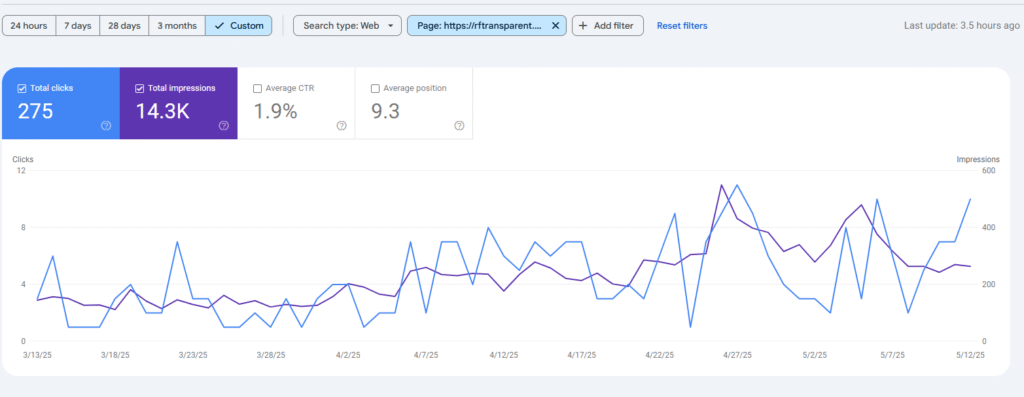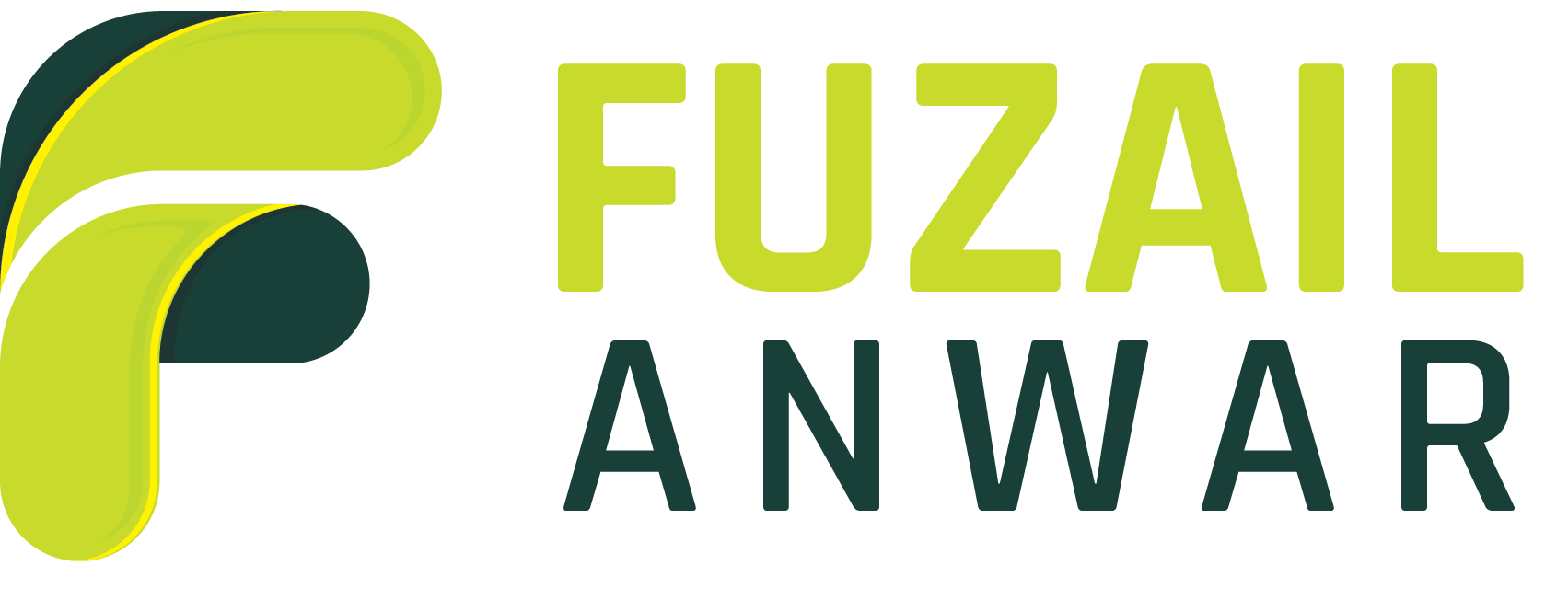SEO has changed. And this time, it’s not just another algorithm update. It’s the AI era, and it’s rewriting the rules.
Let me explain…
Why SEO in 2025 Is Different
In 2025, when someone Googles something like “bathroom renovation ideas in St. Albert”, the first thing they see isn’t a list of blue links, it’s an AI-generated overview. These overviews are based on trustworthy content across the web. And if your article is well-written, helpful, and targeted to the user’s exact intent, your content can be referenced in that AI answer.
This means:
It’s no longer just about ranking at #1.
Now, it’s about becoming a trusted source for AI-generated summaries.
Your content must feel like it’s written for humans, not bots.
So, How Do You Rank a New Website in 2025?
Here’s my step-by-step SEO checklist that I personally follow, with results to back it up:
1. Deep Keyword + Search Intent Research
Old way: Find high-volume keywords and stuff them into content.
2025 way: Understand what the user actually wants, then write directly to that.
🔍 I use tools like:
- Google’s “People also ask”
- ChatGPT for brainstorming questions users might ask
- Keywords Everywhere + SEM Rush
Tip: Focus on intent-based phrases, like:
“Best kitchen tiles for small homes [city]”
“How to waterproof a basement [region]”
2. Write Real Helpful Content (Not Just SEO Content)
Google now prioritizes content that helps people. Forget the fluff.
Ask yourself:
If this was the only page someone read on this topic, would they get value?
🎯 Include:
- Real examples
- Stats or quotes from experts
- Internal links to related content
3. Add Topical Authority, Not Just Keywords
To rank in AI summaries or Google Discover, your site needs depth.
That means:
Don’t write just one article on “bathroom renovation.”
Write a full content cluster like:
– Bathroom renovation ideas
– Average cost in [city]
– DIY vs professional renovation
– Mistakes to avoid
👉 Show Google: you’re the go-to expert in your niche.
4. Optimize for EEAT (Experience, Expertise, Authoritativeness, Trustworthiness)
Add:
- An author bio with real credentials
- Case studies or client testimonials
- Real images (not just stock)
- Data sources + citations
People trust people. Google does too.
5. Fast, Mobile-First Design
Design matters more than ever. AI overviews may pull snippets, but users still click — and you need to impress them.
Make sure:
- The site loads in <2s
- No popups ruin the experience
- Clear call-to-actions (CTAs)
80 %+ of users are on mobile. Design like it.
6. Build Authority with Smart Backlinks
Forget spammy backlinks.
Try this instead:
- Digital PR (submit helpful quotes via HARO/Help a Reporter Out)
- Guest posts on niche sites
- Answer relevant questions on Quora and Reddit (with your blog linked naturally)
🔍 Real Case Study: Organic Visitors in Last 60 Days

In March 2025, I made an article. Here’s what I did:
- Created a full blog cluster targeting common questions
- Added real client photos + testimonials
- Optimized for AI Overviews
- Used schema markup
🎯 Result:
By May 2025, the article had near 300 organic visitors and got referenced in 2 AI Overview answers on Google.
Remeber:
SEO in 2025 isn’t harder, but it’s just smarter.
Focus less on “gaming the algorithm” and more on:
- Writing for your audience
- Solving real problems
- Creating helpful, human-first content
That’s how you win now.
If you found this helpful, let’s connect, or ask your questions in the comments below. I’ll be happy to help.




